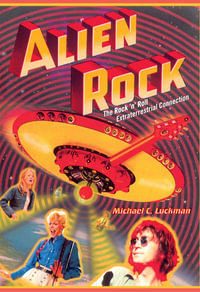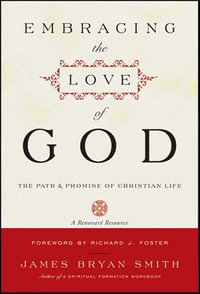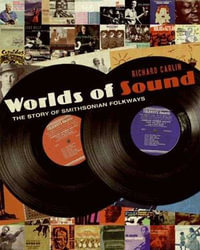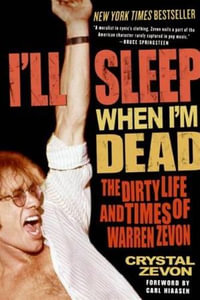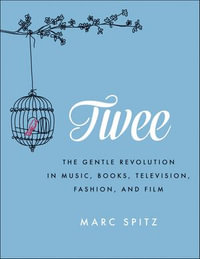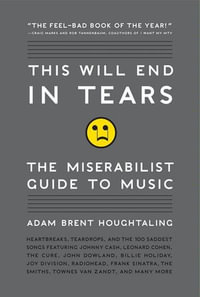Booktopia has been placed into Voluntary Administration. Orders have been temporarily suspended, whilst the process for the recapitalisation of Booktopia and/or sale of its business is completed, following which services may be re-established. All enquiries from creditors, including customers with outstanding gift cards and orders and placed prior to 3 July 2024, please visit https://www.mcgrathnicol.com/creditors/booktopia-group/

At a Glance
eBook
$102.99
or
Instant Digital Delivery to your Booktopia Reader App
ISBN: 9781351563918
ISBN-10: 1351563912
Published: 16th August 2017
Format: ePUB
Language: English
Publisher: Taylor & Francis
Edition Number: 1
You Can Find This eBook In
This product is categorised by
- Non-FictionArts & EntertainmentGeneral Issues in Art
- Non-FictionReligion & BeliefsReligion
- Non-FictionArts & EntertainmentMusicMusic Styles & GenresWestern Classical Music & OperaRomantic Music from 1830 to 1900
- Non-FictionSociety & CultureSocial GroupsSocial & Cultural Aspects of Religious GroupsJewish Studies
- Non-FictionArts & EntertainmentActing & Theatre Studies
- Non-FictionArts & EntertainmentMusicMusical Instruments & Instrumental Ensembles
- Non-FictionArts & EntertainmentHistory of Art & Design Styles

